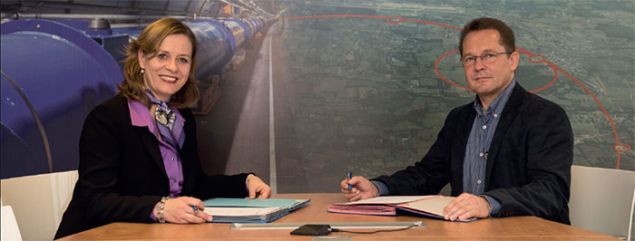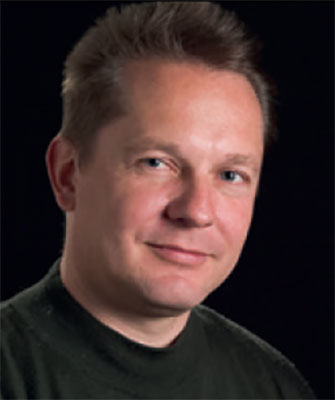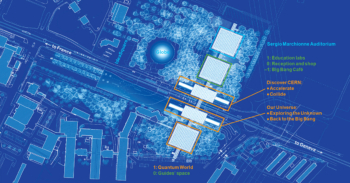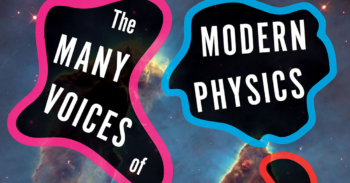
Establishing and maintaining a strong link between science and society is vital, and is something that has long been recognised by CERN. Writing in 1972, former Director-General Victor Weisskopf put it well when he argued that a concerted effort towards the presentation and popularisation of science would “provide a potent antidote to overspecialisation, bring out clearly what is significant in current research, and make science a more integral part of the culture of today”.
Forty-five years later, as we enter the so-called “post-factual world” emerging from political ideologies in a growing number of modern democracies, it is more important than ever for science and society to maintain an open and transparent dialogue. It has also become evident that the tools and methods currently used to support such a dialogue have not been as successful as we would have hoped. Indeed, many excellent outreach activities at research centres, universities and museums often attract only those people who are already interested and appreciative of the basic and fundamental relevance of science.
Without compromising established methods, we must explore new paths to engage citizens – especially the young. Reaching out to high-school students and their teachers to convey the methods and tools used in fundamental science is a strong investment in the future. While only a fraction of young students will become scientists, and fewer still will become particle physicists, all will become ambassadors for the scientific method and evidence-based decision-making. Developing a dialogue with those who have left school early raises important challenges of its own, and requires that scientists take courageous steps. Partnering with artists, musicians and celebrities, for instance, has enormous potential to get science into the spotlight. But it involves a delicate balance between raising curiosity and descending into trivialities.

The International Particle Physics Outreach Group (IPPOG) is making a concerted and systematic effort to present and popularise particle physics across all audiences and age groups. Established 20 years ago following the recommendations of former CERN Director-General Christopher Llewellyn Smith, IPPOG has evolved from a European to a global network that involves countries, laboratories and scientific collaborations active in particle-physics research. It is best known for its International Masterclasses (IMC) programme, which evolved in the mid-1990s from national outreach efforts in the days of the LEP collider and has gone from strength to strength. Since 2005, the programme has offered high-school students the opportunity to become physicists for a day by performing a tailor-made physics analysis involving real LHC data (CERN Courier June 2014 p37). In terms of numbers, last year’s edition of the IMC included 213 institutions in 46 countries and around 13,000 students took part.
Particle physics has become a truly global activity, with experimental collaborations such as those of the LHC experiments featuring thousands of researchers from all over the world. With this trend, IPPOG is evolving further to cover more countries, laboratories and experiments spanning all aspects of collider and non-collider research, including astroparticle physics and accelerator and detector technology. This expanding remit demands that IPPOG adopts a more formal structure to guarantee the quality and sustainability of its work.
Following the model of collaboration in experimental particle physics, on 19 December IPPOG became a formal scientific collaboration based on a memorandum of understanding. A total of 13 countries have now signed as members, with several candidate members expected to join soon, and each is required to contribute a membership fee weighted by its GDP and the size of its particle-physics community. Laboratories and even individual scientific collaborations are also part of IPPOG, where they contribute to the expert knowledge and skills required to inspire young thinkers.
The new collaboration status of IPPOG, and CERN’s formal membership, demonstrates a clear commitment to sustainable science outreach. With further countries and organisations expected to join soon, and others invited to get involved, the worldwide particle-physics community has a strong partner at hand when reaching out to wider society in diverse ways that are adapted for every target audience.





